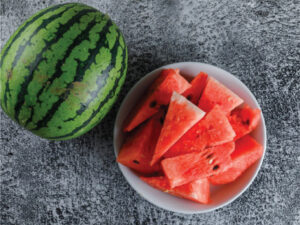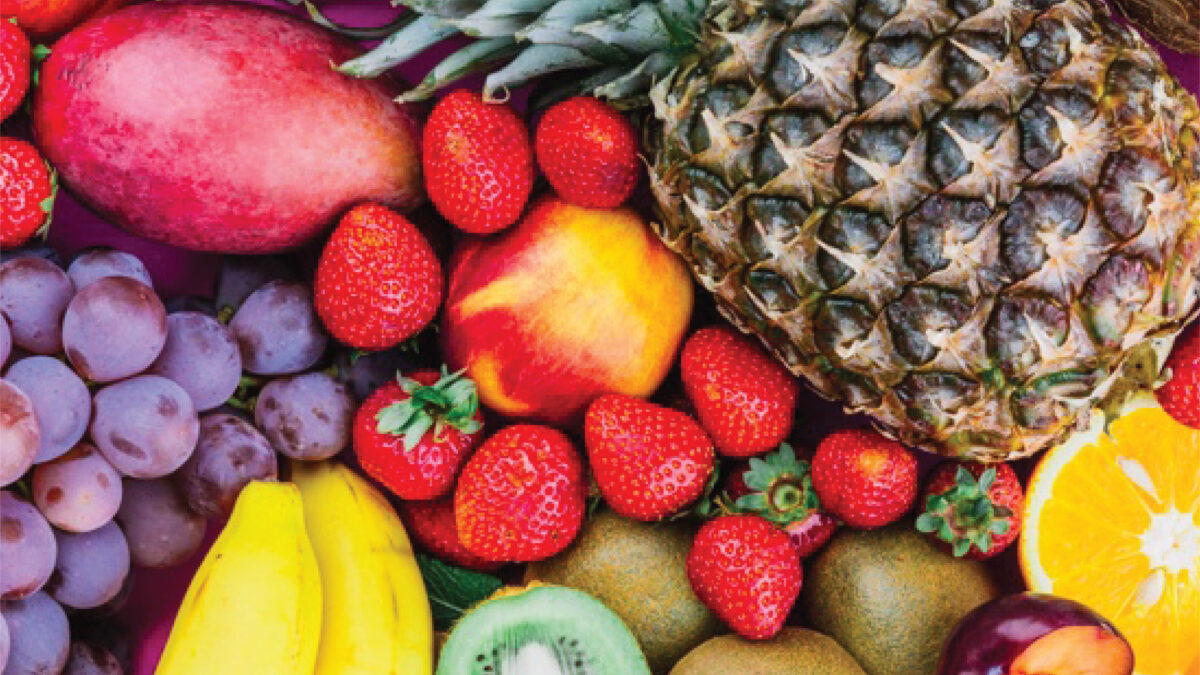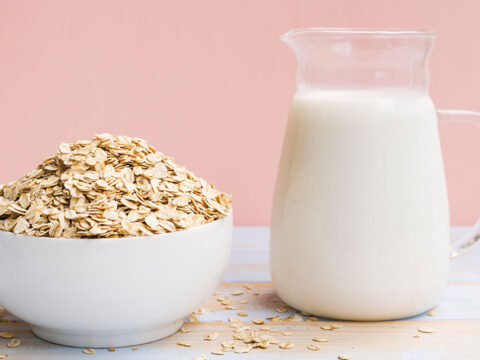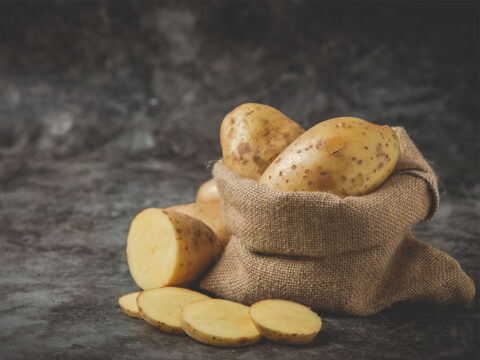
Latent Autoimmune Diabetes In Adults
December 9, 2021
Diabetes And Sports: You Can Still Live Your Dreams
December 27, 2021
Fruits are a healthy option and can be eaten as a part of your balanced meal or a snack. However, if you have diabetes, even the healthy diet options come with restrictions and guidelines. The same principle applies to fruits as well.
Fruits are rich in many nutrients, vitamins, minerals and fibres that help control blood sugar levels and reduce the risk of several diabetes complications. However, they are only healthy as long as they are eaten in moderation, and therefore, you must include fruits in your diet in the recommended quantity.
Busting The Myth Around Fruits
Many people believe that diabetes patients should avoid fruits as they are high in sugar content. However, it is not true.
People with diabetes need to avoid free sugars or added sugars, such as the ones present in syrups, unsweetened fruits and vegetable juices. The sugar found in fruits is in the form of fructose, which does not affect your blood sugar levels or insulin sensitivity. In fact, most fruits have a low glycemic index, meaning they do not spike your blood sugar levels too quickly.
Fruits That Are Good For Diabetes Patients
Oranges:
Oranges are highly beneficial for people with diabetes. They not only have a low glycemic index but are also rich in nutrients like fibre, vitamin C, folate, potassium, and antioxidants.
Peaches:
Peaches are rich in bioactive compounds that help to stimulate metabolism and reduce the risk of obesity and cardiovascular diseases. They also have a low GI, making them highly favourable for diabetes health.
Apples:
The polyphenols found in apples help increase insulin production and reduce insulin resistance in the body, thereby lowering your blood sugar levels.
Pears:
Pears are an excellent source of fibre and can help improve the rate of glucose absorption in the body. They also help fight inflammation and have a low GI, making them a perfect fruit for diabetics.
Avocados:
Rich in vitamins, nutrients and fibre, avocados are highly effective in stabilizing blood sugar levels in the body. They are also packed with good fats that help to improve insulin sensitivity and reduce the risk of diabetes complications such as heart attacks, strokes, etc.
Cantaloupes:
Cantaloupes are an excellent source of fibres, vitamin B and electrolytes. They also have a low glycemic index, making them a healthy option for maintaining energy levels while regulating your blood sugar levels.
Apricots:
Apricots are rich in fibres, antioxidants, Vitamin C, vitamin A and vitamin E. They also contain a group of polyphenol antioxidants called flavonoids which help to reduce the risk of diabetes and diabetes complications such as heart diseases.
Berries:
Berries such as strawberries, blackberries and blueberries are considered a diabetes superfood. They have a low glycemic index and are packed with fibres and antioxidants that help to absorb glucose and improve insulin sensitivity in the body.
Grapes:
Grapes contain a compound called resveratrol that helps to regulate the process of sugar absorption after the meal. Therefore, they are considered an extremely healthy fruit for diabetes patients.
Fruits To Avoid If You Have Diabetes

Fruits are an excellent source of nutrients and are extremely important for diabetes patients. Usually, all fruits are considered healthy if eaten in moderation. It is not a specific fruit, but the large quantities of fruits that one needs to avoid in diabetes.
The glycemic index of fruits should also be taken into consideration. Fruits with a high glycemic index, such as pineapples and watermelons, should be avoided or eaten in a very small quantity.
What Is the Ideal Quantity of Fruits in Diabetes?
- One serving of fruits should contain about 15 grams of carbohydrates and must be a part of your total carb intake. Usually, a small piece of whole fruit, ½ cup of frozen fruits, a ¾-½ cup of berries or ⅓-½ cup of fruit juice contains 15 grams of carbohydrates.
- You can also measure your fruit intake using the plate method. You can complement your non-starchy vegetables, starch component and protein food with ½ cup of fruit salad or a small piece of whole fruit in your meal.
Takeaway:
Fruits are a healthy option for diabetes patients. Many fruits such as berries, oranges, avocados, etc., are even known to improve diabetes health. However, there are also some fruits such as pineapples and watermelons, that should be avoided or restricted in quantity.
References:
- https://www.medicalnewstoday.com/articles/worst-fruits-for-diabetics
- https://www.diabetes.org/healthy-living/recipes-nutrition/eating-well/fruit
- https://www.healthline.com/health/fruits-for-diabetes
- https://www.medicalnewstoday.com/articles/311220




